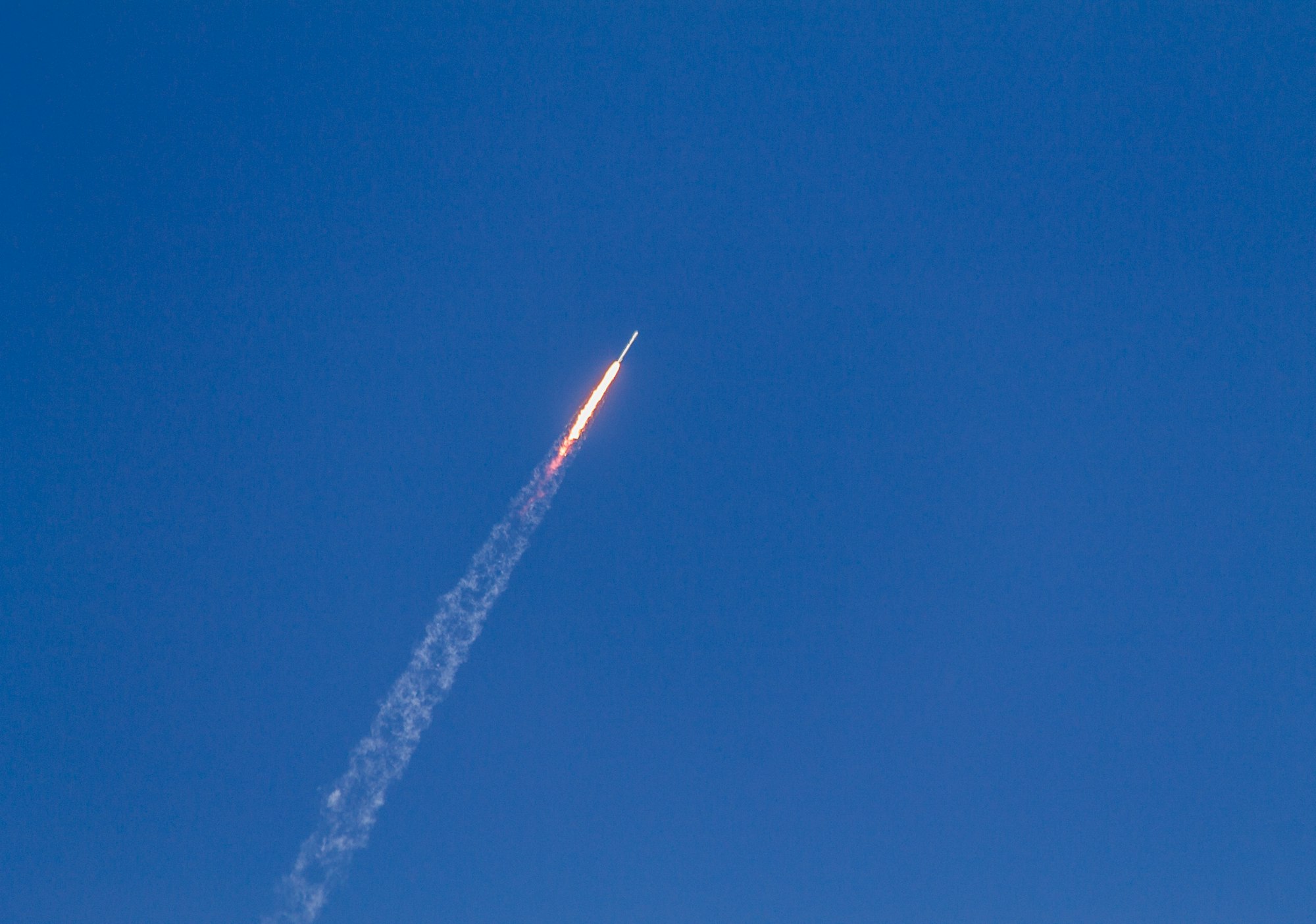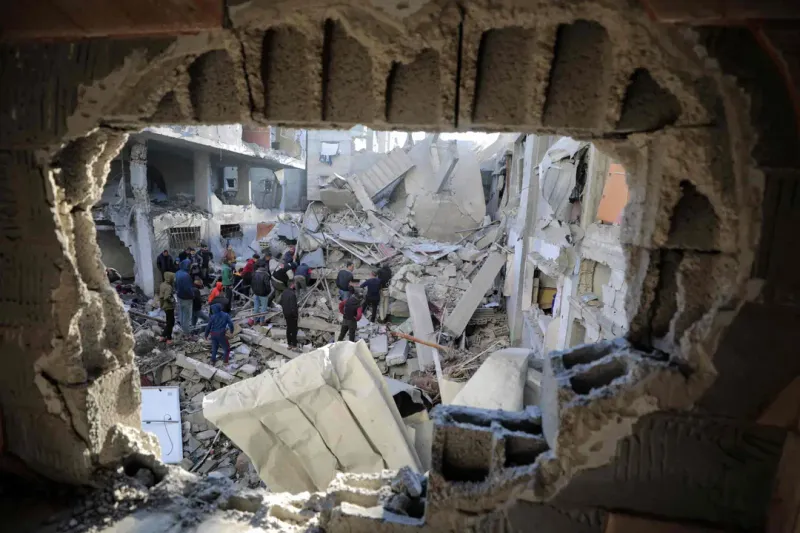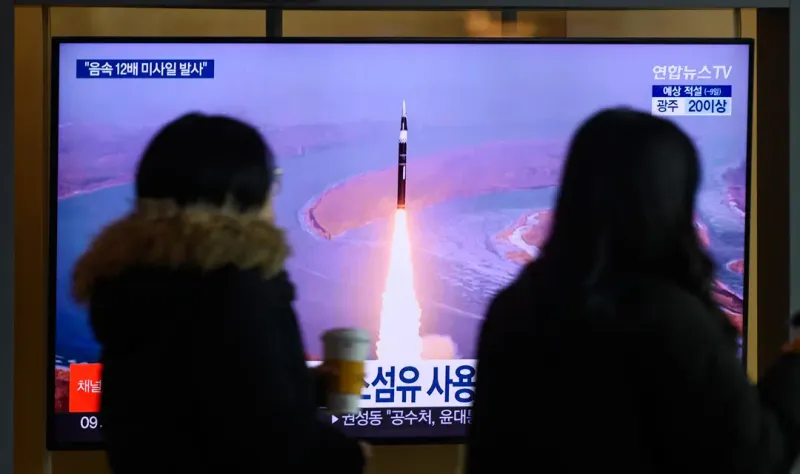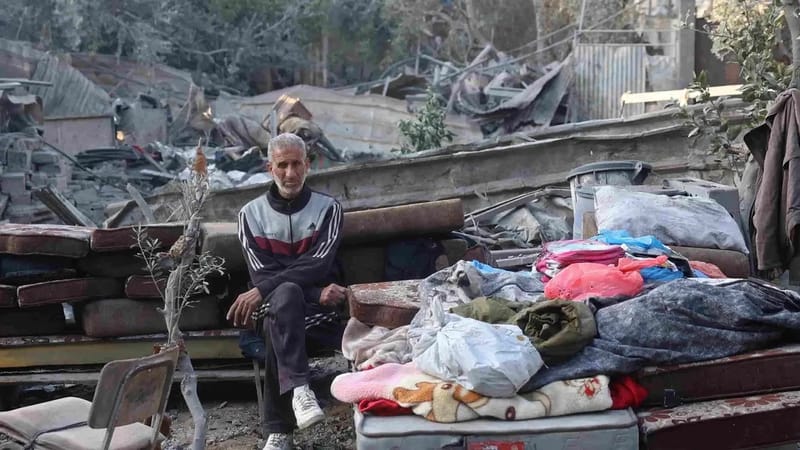Civilians Killed in Northern Syria Missile Attack
At least 14 were killed and dozens injured on Fri. when a rocket attack hit the northern Syria town of al-Bab. The Syrian Civil Defense, known as White Helmets, said five children were among the dead.

Facts
- At least 14 were killed and dozens injured on Fri. when a rocket attack hit the northern Syria town of al-Bab. The Syrian Civil Defense, known as White Helmets, said five children were among the dead.
- The attack in the town, held by Turkey-backed opposition in the northeastern countryside of Aleppo, comes after the Syrian govt. blamed Turkey for an air attack that killed Syrian troops and US-backed Kurdish fighters in Aleppo.
- The Syrian Observatory for Human Rights claimed Friday's attack was carried out by the Syrian govt. forces in retaliation to the alleged Turkish-backed raid.
- Activists had planned protests after midday prayers on Fri. in response to Turkey's call for reconciliation between forces, but the demonstrations were canceled over fears of further violence.
- The town of al-Bab was recaptured from ISIS in 2017 during Operation Euphrates Shield, launched by Turkey in Aug. 2016 and lasting 216 days - a conflict that reportedly killed over 2k Daesh as well as hundreds of other alleged terrorists.
- In recent months, Turkey has threatened a new operation against US-backed Kurds, which it labels as "terrorist" groups. Though fighting has slowed in recent years, attacks aren't uncommon in northern Syria, which is home to the last rebel stronghold.
Sources: Al Jazeera, English Alsiasi, Reuters, and Dailysabah.
Narratives
- Narrative A, as provided by Middle East Eye. Though any civilian casualties are tragic, Turkey is not trying to annex Syrian land, go to war with Assad, or harm the Syrian people. Any military offensive taken by Turkey is in an attempt to free both Turkey and the Syrian population from Kurdish terrorists.
- Narrative B, as provided by Kathimerini. Turkish neo-Ottoman expansionism is in full throttle. Turkey has military assets engaged in the Levant, Horn of Africa, Caucasus, and North Africa and is eager to expand its presence even further. When interacting with powers in the region, Ankara is primarily focused on protecting and promoting its own interests, while also casting itself in the role of regional supervisor for others.






